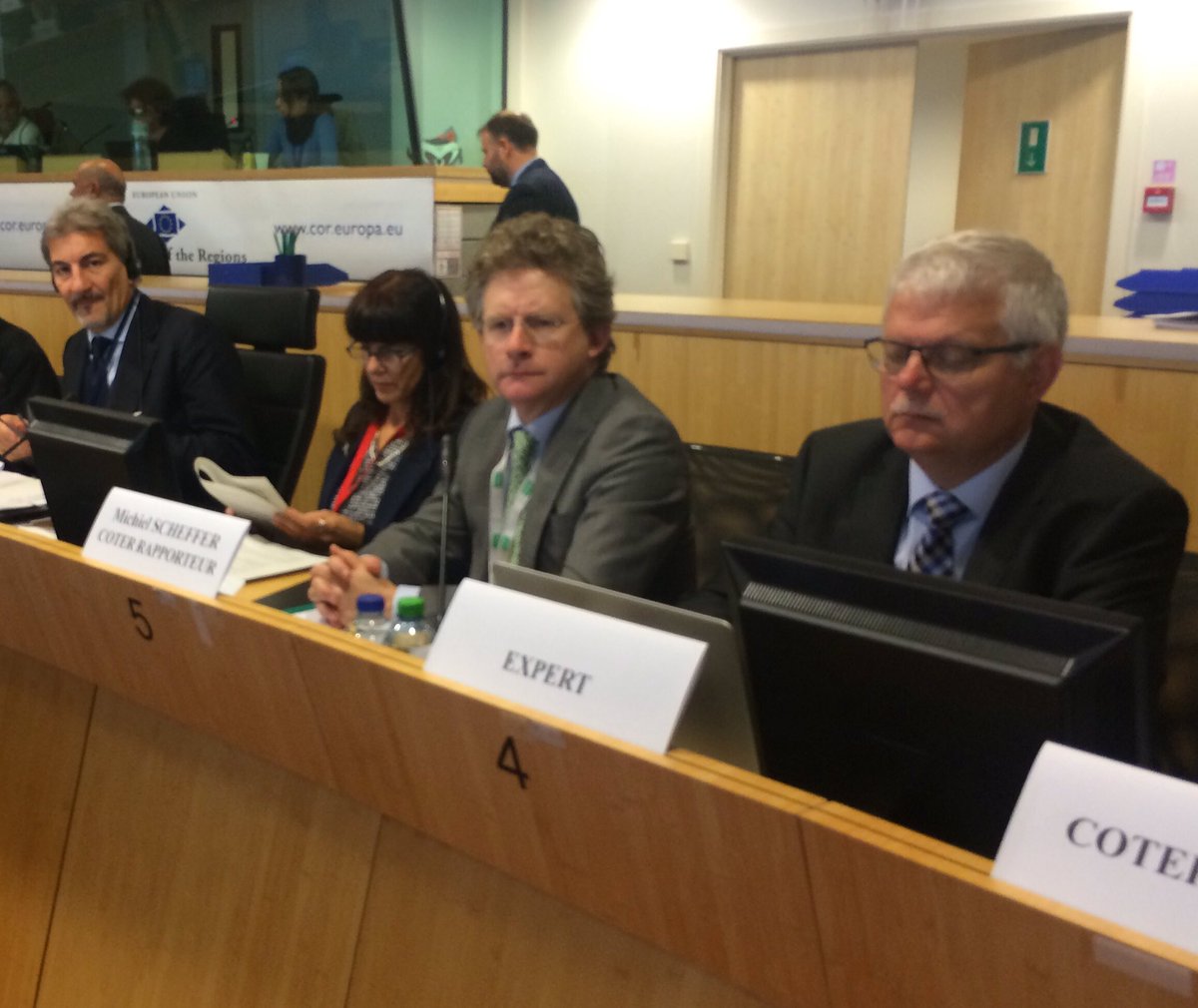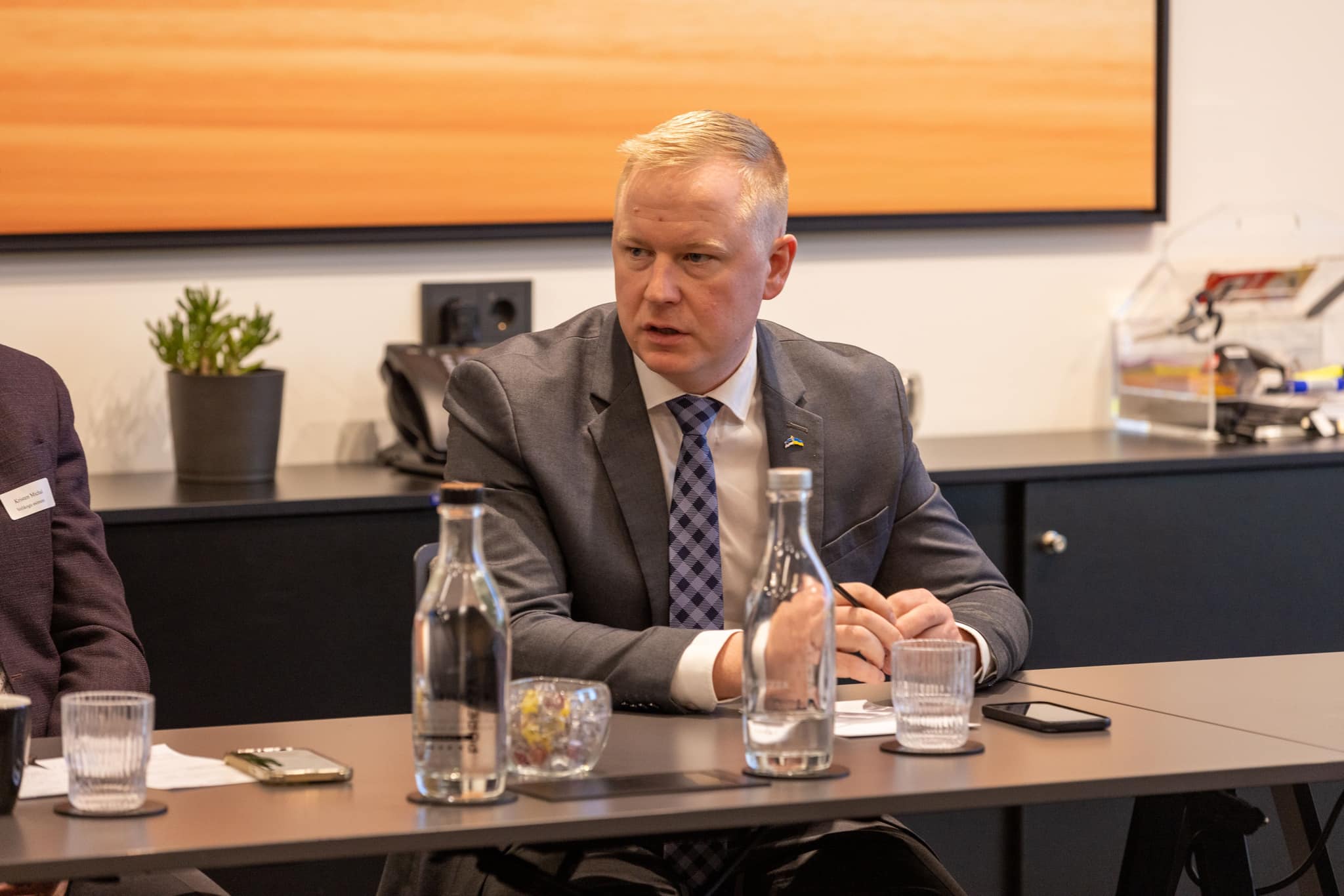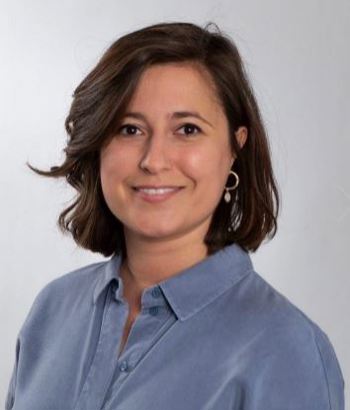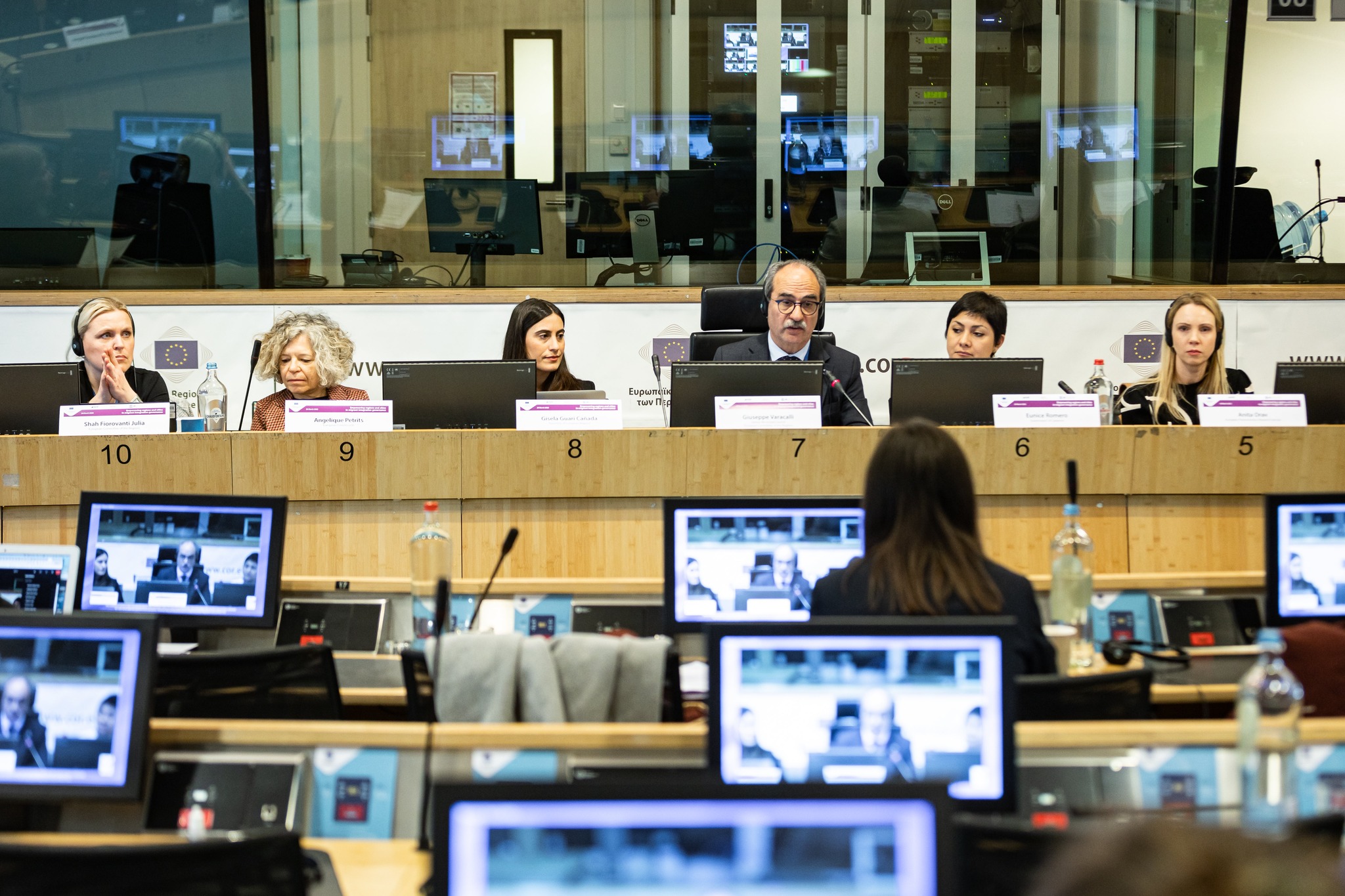Bridging missing links in border regions for all transport modes – road, rail and water – will open up new opportunities for citizens and businesses, boosting employment and tourism, says Michiel Scheffer.
Whether you’re a student, tourist, businessmen, cross-border worker, transport company… chances are that you’ve been stuck at the border in one way or another, unable to continue your journey from one member state to another due to missing transport links in border regions.
“But open borders and infrastructure that connects people are at the heart of the European idea” says Michiel Scheffer (NL / D66). His report, “Missing Transport Links in border regions”, focuses on making recommendations for cross-border rail and road links, and to a lesser degree water links.
Bridging missing links involves building infrastructure and also facilitating services such as new links for public transport and for the transport of goods. It requires an integrated approach for all transport modes: road, rail and water while special attention must be paid to barrier-free cross-border ticketing and information.
Slow means of transport such as a cycling can also play an important role, notes Scheffer, an avid cyclist himself: “Cycling often serves as a complementary mode of transport alongside public transport. It is becoming more and more popular and competitive, especially in towns and cities suffering from congestion. A cross-border approach and a cross-border network of high-quality cycling infrastructure are therefore necessary. Developing transport linked to the EuroVelo cycle route network also helps to improve the accessibility of tourist destinations and as such can be considered a social and economic objective.”
The development of cross-border infrastructure would also boost employment on all sides of the borders. A key task in this will be to explore and offer financial support for establishing or reopening cross-border transport links. “Involvement of the public at an early stage will be absolutely vital for the success of these projects” concludes Scheffer.
< a href=”url:http%3A%2F%2Fcor.europa.eu%2Fen%2Factivities%2Fopinions%2Fpages%2Fopinion-factsheet.aspx%3FOpinionNumber%3DCDR%25204294%2F2016||”> Download the draft report
.@MichielScheffer proposes solutions for missing #transport links in #EU border regions, aims to revitalise them: https://t.co/SkotfVgYsP pic.twitter.com/JbebeKDc8M
— ALDE-CoR (@ALDE_CoR) November 30, 2016





